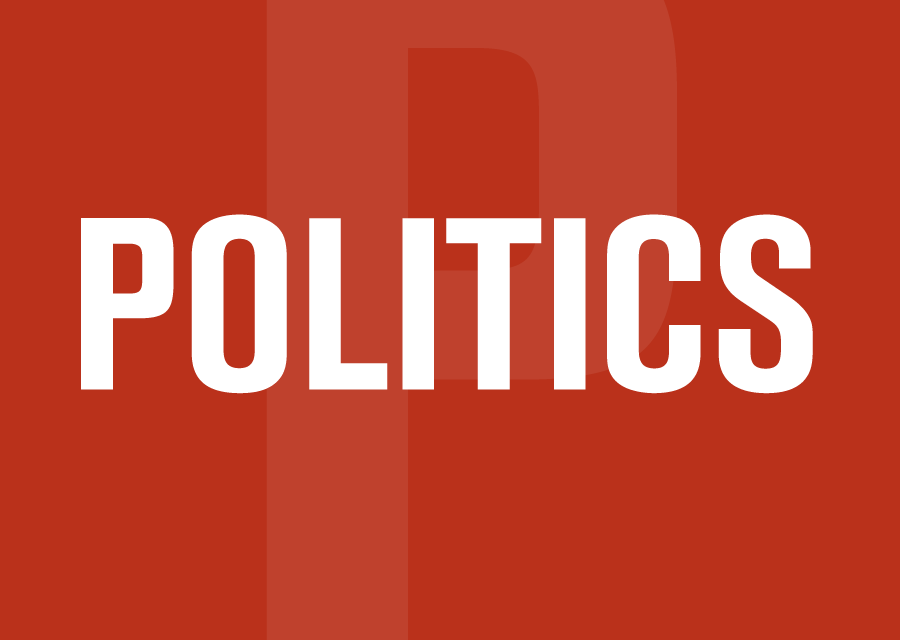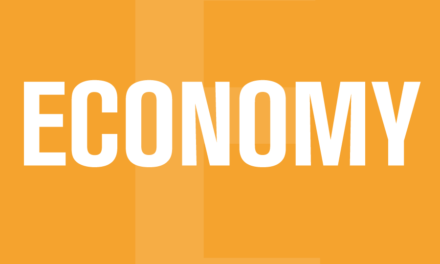It doesn’t look like the 2023 recession predicted repeatedly by most economists happened after all. Figures released Wednesday showed that the Canadian economy grew by 0.2 per cent in November. Furthermore, according to Statistics Canada “advance information” indicates a further increase of 0.3 per cent in December.
That December increase is a preliminary estimate, to be updated at the end of February. But assuming it holds, it will mean that despite 18 months of dire predictions about a 2023 recession, growth for the year will actually come in at 1.5 per cent. That’s nothing to get excited about, but considering what some economists and their media collaborators have been forecasting it registers as good news.
A recession is defined as two consecutive quarters with no growth in GDP. Within a few months of the Bank of Canada’s March, 2022 campaign to fight inflation by raising interest rates, the expectation that such contraction was inevitable was all over the news.
Economists from the Royal Bank predicted as early as July 2022 that the recession would hit in early 2023. The bleak prognosis from Oxford Economics was for a 1.3 per cent contraction of the economy, accompanied by a 50 per cent increase in the unemployment rate. Recession talk covered the ideological spectrum. On the left, David MacDonald of the Canadian Centre for Policy Alternatives didn’t predict when the recession would come, but argued that raising interest rates to fight inflation had always led to a recession in the past.
By December of 2022 it appeared the public shared the economists’ pessimism. Leger reported that its polling found 81 per cent of Canadians expected a recession in 2023. As 2023 dawned, the CBC featured a story from business reporter Peter Armstrong with this scary headline: “If you thought 2022 was bad, wait until you see what 2023 has in store for the economy.” One of the economists quoted in the piece opined that “we could be in store for a bit of a doozy,” a sentiment shared by the CEO of the Royal Bank and the chief economist from the Bank of Montreal.
Even though the economy grew between January and May of 2023, as unemployment remained below 5.4 per cent and inflation eased, a summer slump and an uptick in unemployment keep recession talk alive throughout the year, along with public anxiety. In September the Conference Board reported that 61 per cent of Canadians believed the country was already in a recession. The Leger poll in December 2023 reported only a slight dip in angst from the poll’s finding the previous year, with 72 per cent expecting a recession in 2024.
And like a year earlier, there was media reporting to reinforce the forebodings expressed by the poll respondents. The Toronto Star, asking “Where is Canada’s economy headed in 2024? Brace Yourself,” told readers in December that the impact of high interest rates on consumers and businesses could see a sputtering economy “turn into a deep recession with significantly higher unemployment in 2024.”
Although some unforeseen event in the year ahead could lead to the much-anticipated recession finally arriving in 2024, this week’s data on the economy as a whole should provide some reprieve from the steady stream of alarmist talk. And as reported last week, Statistics Canada’s quarterly report on household income showed that net savings – current income less current expenditure – improved for all income quintiles. If Canada’s more upbeat outlook doesn’t change the conversation, the fact that the U.S. economy also avoided the recession predicted by most economists in that country, coupled with projected U.S. growth of two per cent this year, may do the trick.
That said, there’s no question that Canadians are going through tough times. Besides higher prices for food and shelter there’s war, climate change and Trump, providing lots to worry about without forecasts of a recession that people assume will just make matters worse. Gloomy predictions of an impending recession also reinforce the “everything is broken” narrative that’s driving support for the Poilievre Conservatives.
It is pretty much a truism in politics that as peoples’ economic fears mount, the environment takes on less importance. Despite the reality of climate change observed through the alarming weather events of the past year, that continues to be the case. Recent polling shows the environment running well behind the cost of living and other economic issues on the public’s list of concerns. That works for the Conservatives whose “axe the tax” plan – falsely presented as a response to living costs – would set back efforts to flight climate change.
We have reached a point where because of unrelenting pessimism about the state of the economy we may end up with a Poilievre government with no commitment to mitigate climate change. In the months ahead, the more attention given dire predictions about the economy the less pressure there will be on Poilievre to talk about the gaping hole in his party’s platform.
The media are pre-disposed to report bad news, but it’s time to tone down the gloomy economic reporting. Stop giving so much airtime to pessimistic economists who are getting it wrong and pay more attention to climate scientists who, unfortunately, have been much more accurate in their bleak predictions.
-30-







No economist or business reporter should appear on screen without a scorecard of their batting average on forecasts over the previous 5 years in bold type beside their face. Some humility would go a long way towards balancing citizens’ confidence in the economy.
I totally agree. We have to stop putting climate change on the back burner. If we won’t do anything about mitigating its results, the economy won’t matter. It’s how we can change our way of thinking about money as our drive and let Mother Nature takes its place.
Richsrd, I love the articles. Any chance you could do some articles on Basic Income.
I don’t think many people know about the idea. Articles on how it can pay for itself as well as answers to the the major detractors could help move it along.